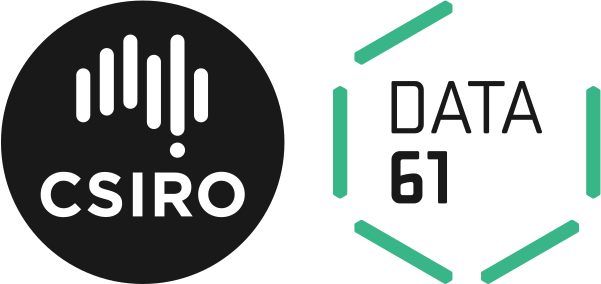ban-instance: For when a type should never be an instance of a class

Banning an instance allows the programmer to actively declare that an instance should never be defined, and provide a reason why:
data Foo = -- ... $(banInstance [t|ToJSON Foo|] "why ToJSON Foo should never be defined")
[Skip to Readme]
Downloads
- ban-instance-0.1.0.0.tar.gz [browse] (Cabal source package)
- Package description (as included in the package)
Maintainer's Corner
For package maintainers and hackage trustees
Candidates
| Versions [RSS] | 0.1.0.0, 0.1.0.1 |
|---|---|
| Change log | ChangeLog.md |
| Dependencies | base (>=4.7 && <4.14), template-haskell (>=2.11 && <2.16) [details] |
| License | BSD-3-Clause |
| Copyright | Copyright (C) 2017 Data61 |
| Author | Jack Kelly, Alex Mason |
| Maintainer | jack.kelly@data61.csiro.au |
| Category | Haskell |
| Home page | https://github.com/qfpl/ban-instance#readme |
| Bug tracker | https://github.com/qfpl/ban-instance/issues |
| Source repo | head: git clone https://github.com/qfpl/ban-instance |
| Uploaded | by qfpl at 2019-11-08T06:26:22Z |
| Distributions | |
| Downloads | 825 total (11 in the last 30 days) |
| Rating | (no votes yet) [estimated by Bayesian average] |
| Your Rating | |
| Status | Docs available [build log] Last success reported on 2019-11-08 [all 1 reports] |

